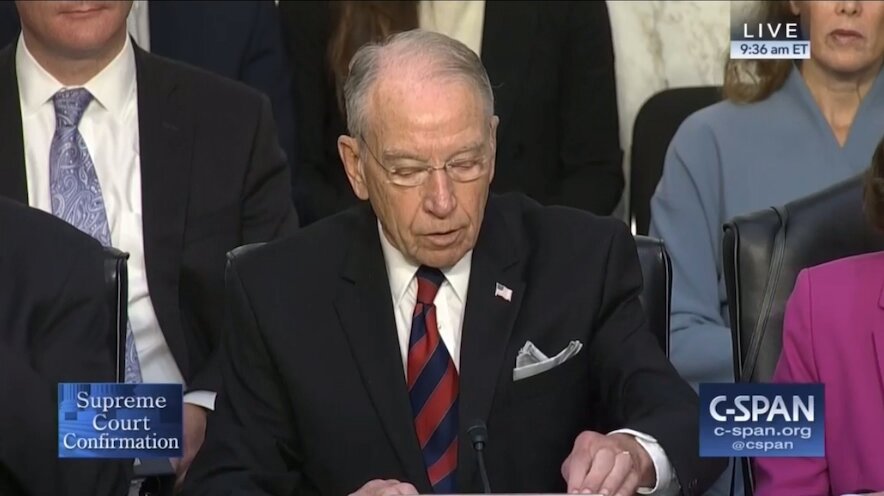The statement criticizes Donald Trump for allegedly talking over Hillary Clinton, suggesting it represents a double standard and labeling it as 'literally insane.' The tone is highly critical and emotionally charged, aiming to highlight perceived sexism in public discourse. The statement also references a conversation that criticizes Kamala Harris for similar behavior, suggesting a broader critique of gender dynamics in political interactions.
- The statement uses strong language ('literally insane') which could be seen as harmful and inflammatory, potentially escalating tensions rather than fostering constructive dialogue. [-2]Principle 1:I will strive to do no harm with my words and actions.
- The statement does not engage in direct cyberbullying, harassment, or hate speech, but the use of the term 'literally insane' could be seen as disrespectful and diminishing the dignity of the individuals involved. [-1]Principle 2:I will respect the privacy and dignity of others and will not engage in cyberbullying, harassment, or hate speech.
- The statement does not promote understanding, empathy, or compassion. Instead, it uses emotionally charged language that may polarize rather than unite. [-2]Principle 3:I will use my words and actions to promote understanding, empathy, and compassion.
- The statement does not engage in constructive criticism or dialogue. It uses a personal attack ('literally insane') rather than focusing on the specific actions or policies being criticized. [-2]Principle 4:I will engage in constructive criticism and dialogue with those in disagreement and will not engage in personal attacks or ad hominem arguments.
- The statement exercises free speech but does so in a manner that may not be considered responsible or with integrity, given the inflammatory language used. [-1]Principle 7:I will uphold the principles of free speech and use my platform responsibly and with integrity.
